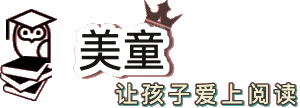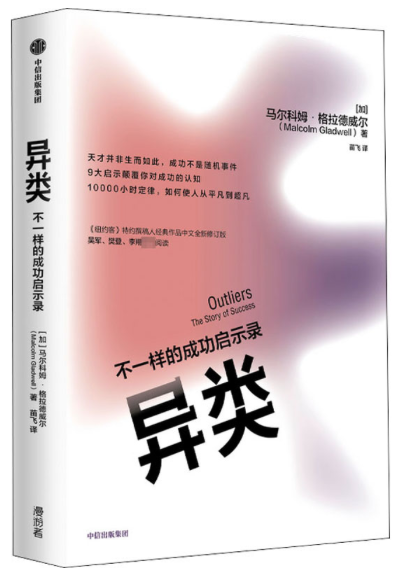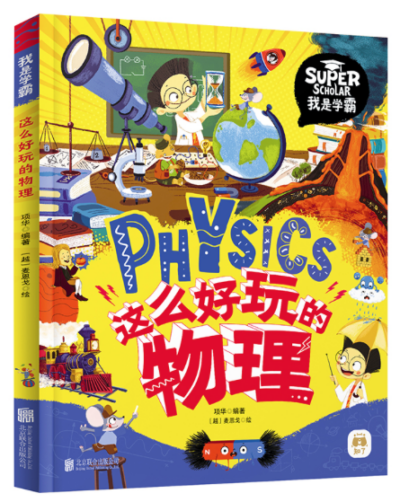Heterogeneous: Different Revelations of Success
Success is not a random event. The success of a genius is not just due to personal efforts. Date of birth, family background, ethnic tradition, cultural differences...all help "heterogeneous" in specific fields to succeed. Without these advantages, even if the IQ exceeds Einstein, he can only do a mediocre job. "Outliers" brings us 9 different revelations about success, helping us trace the root of success, discover more profound opportunities for success, and find the "unbelievable" inevitability behind success.
DKK 92,00
Availability: Only 2 left in stock



·Personality is not the determinant of personal success. Successful people did not start from scratch, they actually obtained the shade and support of their families in some form. Those who end up at the top may appear to be all about their own efforts, but they are not. In fact, they have always benefited from some hidden innate advantage, or extraordinary chance, or a special advantage of a certain culture-that allows them to learn faster, do more, and perceive in ways that ordinary people cannot. world. The time and place of birth have a great influence on the individual. Our cultural background, and what our ancestors have passed down, have already defined the way we can succeed without our realizing it. Therefore, it is not enough to only care about what successful people are like. We also have to ask where they came from, so that we can understand why some people are successful and others are mediocre.
·Leading advantage has created brilliant achievements of geniuses. Sociologist Robert Morton, citing the New Testament Matthew, called this phenomenon the "Matthew Effect". "Anything that has, will be given to him, so that he has more than enough; whoever has nothing, even what he has, will be taken away." Successful people, in other words, are those who have obtained these special opportunities, and they have finally achieved more. Great progress; the rich get richer with more tax breaks; high-achieving students get better grades because they get better teachers and more attention; hockey teams The older 9- to 10-year-olds get more instruction and training and become better at it. In the field of sociology, the so-called success is the result of "advantage accumulation". A professional ice hockey player begins by being only a little friendlier than his original team, but the opportunity that this small advantage brings widens the gap between him and those teammates, and then the gap and the opportunity play alternately, and the small The gap is widened - and the players who are eventually selected become the truly outstanding "talents". It can be seen from this that a "genius" does not perform outstandingly at the beginning—he/she is only a little bit better than others at the beginning.
·10000 hours rule
For nearly a generation, the field of psychology has been debating a question that many ordinary people probably thought had been solved: whether or not innate talent really exists. Obviously, the answer is yes. Not every player born in January ends up making it to the pros, and only a few do—a few born with talent. It can be said that success is talent plus acquired hard work. But the problem is that with the deepening of research, psychologists have found that the role of talent is actually very small, while the role of acquired hard work is actually very large. The most famous example of geniusism emerged in the 1990s: a study by the psychologist K. Anders Ericsson and two of his colleagues at the prestigious Berlin Conservatory. 2 With the cooperation of some professors of the college, they divided the violin major students into 3 groups. Group 1 is composed of outstanding star students, all of whom have the potential to become soloists; Group 2 is composed of students who are only considered good; Consists of students who are likely to work as music teachers in public schools. These three groups of students were all asked the same question: How many hours have you practiced since you first came into contact with the violin? The three groups of students were all exposed to the violin for the first time when they were about 5 years old. During the first few years, all students practiced roughly the same amount of time—two or three hours a week. But when they reached the age of 8, the practice time of students in different groups began to differ. The practice time of the students in group 1 began to be significantly longer than that of the other two groups: 6 hours per week at the age of 9, 8 hours per week at the age of 12, and 16 hours per week at the age of 14. In this way, as they grow older, their practice time continues to increase. When they reach the age of 20 (students at this age are already very conscious and can actively practice in order to become better), their weekly practice time It is 30 hours. In fact, by the age of 20, these great players had put in 10,000 hours of practice. As a comparison, the cumulative piano practice time of the second group of students by the age of 20 was 8,000 hours, while the cumulative piano practice time of the "future music teachers" was only a little over 4,000 hours.
Eriksson led the team to study the difference between the amateur group and the professional group, and the same situation appeared. People in the amateur group never practiced the piano for more than 3 hours a week when they were children. By the age of 20, the cumulative practice time was only 2,000 hours; while the practice time of the professional group increased with age. Those future masters have practiced for more than 10,000 hours.
The most striking conclusions of Erikson's research are: first, there is no such thing as "innate genius"—the ability to achieve more than others in less time than others; "Working hard"-a person's effort is higher than others but cannot be better than others. The results of the study show that once a player enters music school, the only way to get ahead is to practice hard. The ingredients for success become straightforward at this stage. Another point is that those performers, they practice piano not only harder than others, but ten times or even a hundred times harder than others. In the process of learning, if a person wants to perfectly master a certain complex skill, he must practice hard over and over again, and the duration of practice must reach a minimum critical amount. In fact, researchers have given a magic threshold for the amount of practice time: 10,000 hours.
You must be logged in to post a review.
Related products
-
shopping street
DKK 62,00 -
Such a fun physics-I'm a top student
DKK 42,00










Reviews
There are no reviews yet.